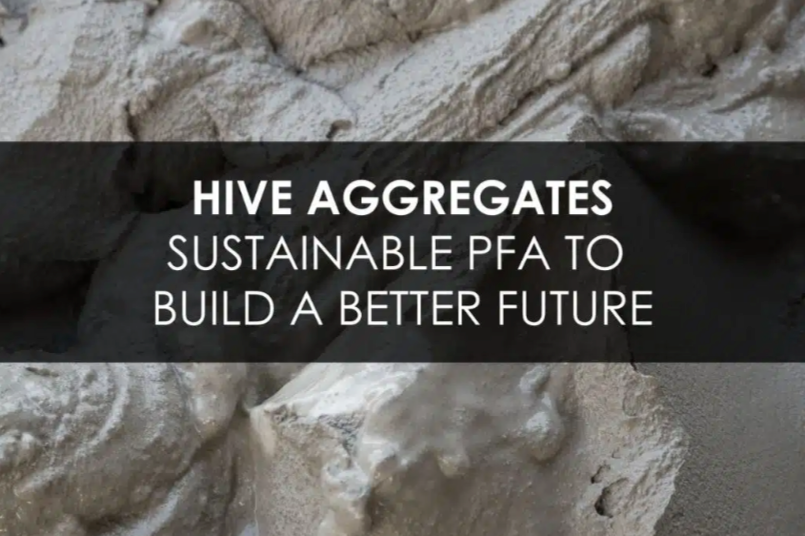

The Solutions Explorer lets you create alerts that match your needs. You can create several alerts and you will receive a notification each time a new Solar Impulse Efficient Solutions is labelled and matches your filters.
Your Search Alerts will show up here.
Sign in to create alerts for your filters and search terms.
Sign inDon't have an account?
Sign upAccess exclusive opportunities for Investor Members Only
The Investment Hub is a platform by the Solar Impulse Foundation that connects innovators with investors to fund scalable and sustainable solutions. Through tailored matchmaking, e-pitches, and a collaborative digital environment, it helps drive impactful innovation forward.
Sign in to explore a world of dynamic and high-potential investment opportunities.
Sign inDon't have an account?
Sign upAugust 23, 2023
Hive Aggregates
Retford

Coomtech are working with Hive Aggregates to take a previously thought waste product and convert it to a valuable mineral, reducing carbon emissions, and creating a new industry for the UK. The project looks to carefully extract and reuse previously deposited pulverised fuel ash (PFA) waste from a former landfill site, containing close to seven million tonnes of pure PFA, and progressively restoring the site to priority wetland habitats. The PFA can then be turned into a low-carbon, sustainable cement replacement. The project is looking to extract seven million tonnes of pure PFA - waste ash generated from the burning of coal in power stations. It is classed as non-hazardous by the Environment Agency and certain mineral qualities mean it can act as a cement replacement.
Using waste PFA saves close to 1 tonne of carbon for every tonne used in place of traditional Portland Cement. The Coomtech Kinetic Drying System will dry the PFA using air rather than heat, saving up to 75% of the energy required by traditional thermal driers and vastly reducing the CO2 emissions, making the low carbon product of PFA even more sustainable.
The Coomtech Kinetic Energy Drying solution to dry bulk solids materials of surface moisture is unique, working by shearing the moisture off particles in controlled turbulent air flow which is warmed to an average 100C optimising its ability to hold the water separate from the particles. It is a lean phase process treating particles in under a second, dealing with a range of moisture levels dependant upon the material dried. It presents a singular and viable alternative to traditional thermal drying - heating water for vaporisation using temperatures in excess of 400C. Because it is only heating air to a low temperature, the Coomtech Kinetic Energy Drying system delivers a lower cost and lower emissions system over the life of a plant. It’s a modular configuration that can manage from 32,000 mtpa up to multiple hundreds of thousands of tonnes. The plant can integrate with existing systems including using low grade waste heat sources or can be a standalone remote plant.
Share
The information set out above, is solely for the purposes of information and the Solar Impulse Foundation does not provide any guarantee as to its authenticity, completeness or accuracy. This information does not constitute investment advice or a recommendation to buy into, transact or to enter into any agreement with any of the parties or persons mentioned above. Potential investors or interested parties are solely responsible for their investment or business decisions and for performing any due diligence required by the circumstances. The innovator has asserted ownership of the intellectual property rights for images, videos, and content showcased above, affirming full and unrestricted usage rights, and has provided explicit permission for the Solar Impulse Foundation to publish such information designated as "public" in the application form.